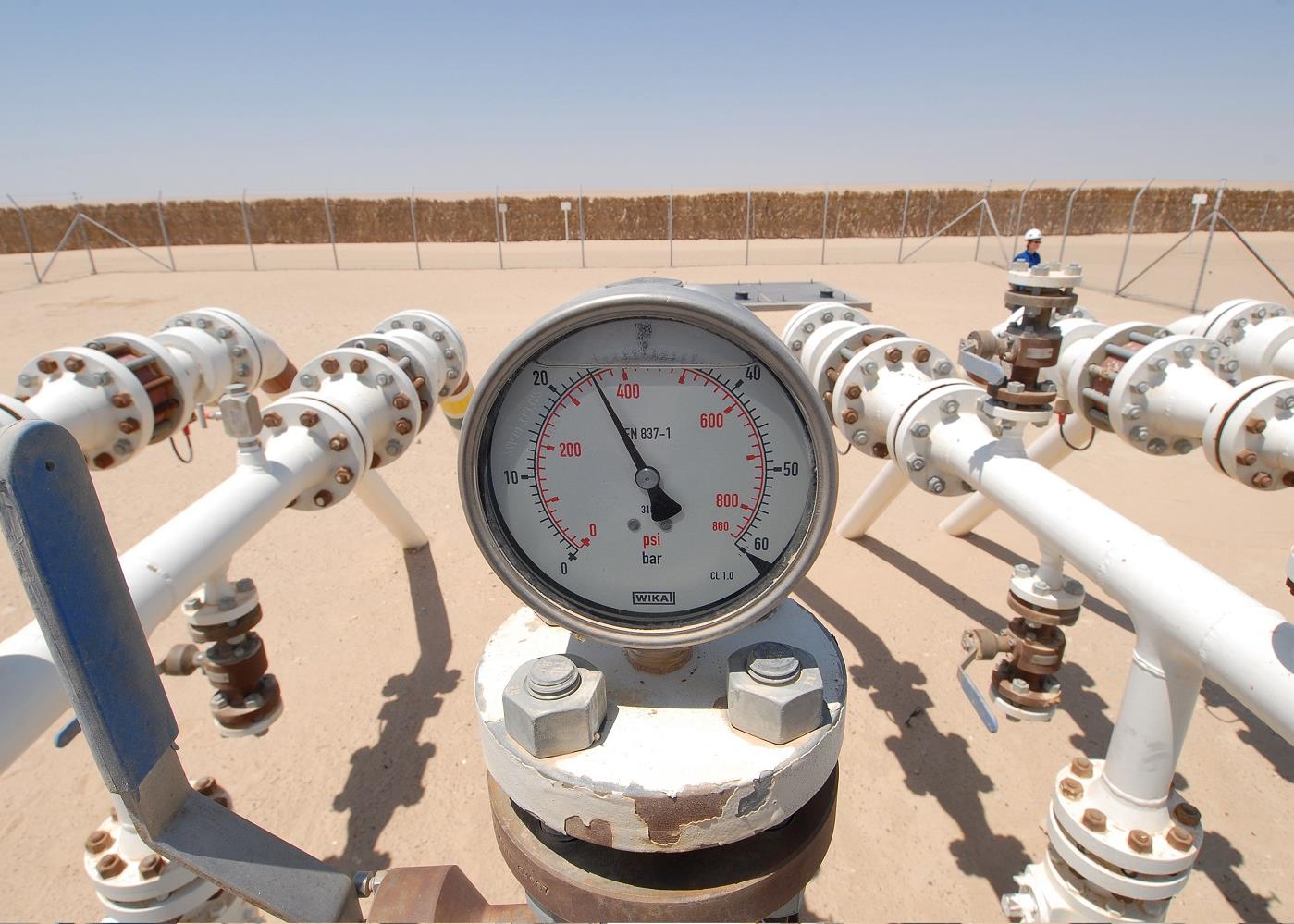

There is a real buzz around public-private partnerships (PPPs) in Jordan after the updated PPP law came into effect in May this year.
 The new legislation will provide a structure within which PPP projects can be identified, developed and facilitated, as well as create a framework for private sector investment. This should mean more projects in the future.
The new legislation will provide a structure within which PPP projects can be identified, developed and facilitated, as well as create a framework for private sector investment. This should mean more projects in the future.
Amman has also moved to form a PPP unit under the prime minister's office, and it will assist government agencies in defining and developing future PPP projects.
Projects launching
The executive director of the PPP unit, Mahmoud al-Khashman, said in May that it plans to launch projects including the development of Amman civil airport at Marka, express bus services in Amman and between Amman and Zarqa, the national railway project and desalination schemes on the Red Sea coast.
Another project is the terminal at King Hussein bridge, which is the border crossing that links Jordan and the West Bank. In May, the PPP unit invited companies to express interest in the estimated JD160m ($226m) project, which will include a terminal and ancillary facilities. It will be developed using a 25-year build-operate-transfer contract.
Jordan has proven with Queen Alia airport that it can deliver infrastructure using the PPP model
The proposed national railway network may also progress and is expected to move into the tender stage later this year.
Speaking in March this year, Transport Minister Khalid Saif said feasibility studies had been updated for the project, and that detailed design would complete in the second half of this year. The scheme involves building a 1,000 kilometre-long cargo line.
As is often the case with PPPs, they will take time to develop. Jordan has proven with Queen Alia airport that it can deliver infrastructure using the PPP model. If it can build on these successes with a more solid with its new legal framework, then the construction sector will be able to look forward to more opportunities in the future.
> Bahrain: Manama ramps up its PPP plans
> Egypt: Mixed results for Egyptian PPPs
> Iraq: Crises and protests curb Iraq PPPs
> Jordan: Construction sector eyes PPP opportunities
> Kuwait: Corner turned on water and power schemes
> Lebanon: PPPs offer route to recovery
> Morocco: Rabat reforms legislation to spur PPPs
> Oman: Muscat risks PPP confidence loss
> Saudi Arabia: Riyadh refocuses PPP plans
> Tunisia: PPP plans draw broad support
> UAE: PPPs expected to take off in UAE
> Other GCC: Gulf state bolsters legislation to drive PPPs
REPORT: PPP in the Middle East and North Africa 2021
 Our new report provides a comprehensive review of the Middle East’s growing PPP market and the outlook for PPP projects in the post-Covid-19 world.
Our new report provides a comprehensive review of the Middle East’s growing PPP market and the outlook for PPP projects in the post-Covid-19 world.
> Understand the PPP landscape in the Mena region
> Position your business for emerging opportunities
> Identify PPP investment opportunities
> Pinpoint business opportunities for contractors, consultants and lawyers
> Understand the challenges facing PPP delivery
> Get to know key client organisations and understand their needs
You might also like...

Rainmaking in the world economy
19 April 2024

Oman receives Madha industrial city tender prices
19 April 2024

Neom seeks to raise funds in $1.3bn sukuk sale
19 April 2024

Saudi firm advances Neutral Zone real estate plans
19 April 2024
A MEED Subscription...
Subscribe or upgrade your current MEED.com package to support your strategic planning with the MENA region’s best source of business information. Proceed to our online shop below to find out more about the features in each package.







